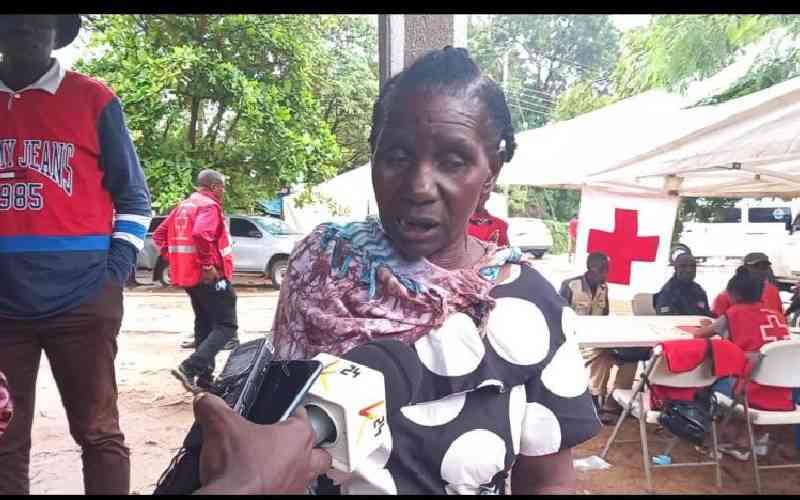×
The Standard e-Paper
Smart Minds Choose Us

Dama Kombe is distraught but hopeful that her four sons and their wives will be found alive.
However, as the death toll from Shakahola continues to rise, she is coming to terms with the reality that they may not be alive. She has been camping at the Malindi Sub-County Hospital mortuary for days, and prays that their bodies are identified soon.